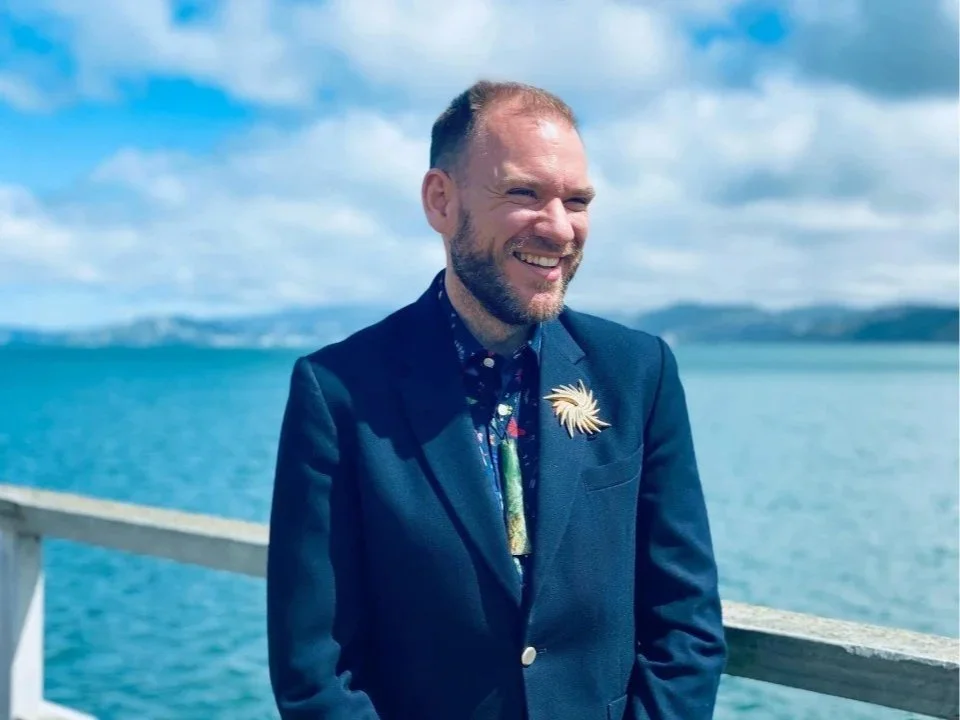Census winner at Diversity Works awards
Rāwā Karetai ahead of the Awards
The first census to gather data on diversity in the public sector has won a leadership award in the 2022 Diversity Works awards. The census asked about inclusiveness, including focusing on disabled people working in the public sector.
The Diversity Works awards, which are in their 25th year, celebrate excellence in workplace diversity and inclusion across Aotearoa, New Zealand.
The census had 60,000 responses from people across 36 government agencies. The census was a partnership between Te Kawa Mataaho Public Service Commission and Cross-Agency Employee Led Networks, including We Enable Us (WEU) – a network of disabled staff across the public sector.
Rāwā Karetai Wood-Bodley, who co-chairs We Enable Us, says: "The project produced a rich data set, giving us a baseline understanding of our current situation within the public sector, people's sense of belonging and inclusion. Hopefully, this will include contributing to achieving pay equity for disabled people in the public sector, seeing where the Accessibility Charter is being fully realised and helping ensure that the public sector is a good employer for disabled people".
Inclusion
The census focused on inclusion, diversity and well-being at work and trying to unify the public service.
"The census gathered data on the experiences of disabled people and people with mental health issues working in the public sector. We wanted to find out whether disabled people feel the public sector is a safe place to work and if they feel supported," says Rāwā.
"This included questions about their reasonable accommodations, whether they had the tools they needed to do their job, accessibility and whether they felt there was a supported pathway.
"Te Kawa Mataaho has supported this, and WEU partnered with them to develop the census questions; this was a massive factor in the results we got and has established a high-trust relationship for us to work from in future.
"Their support meant we could work with statisticians to help them understand the sort of questions that would be appropriate for disabled people. We were also able to capture information from disabled people within the public sector, on whether they felt supported, did they have accessibility needs, did they have the tools and equipment they needed to do their job well."
It has also produced a methodology that can be used repeatedly to enable patterns to be seen over time.
Rāwā says the data the survey has produced will be helpful for people leaders, HR and culture development across the public service.


